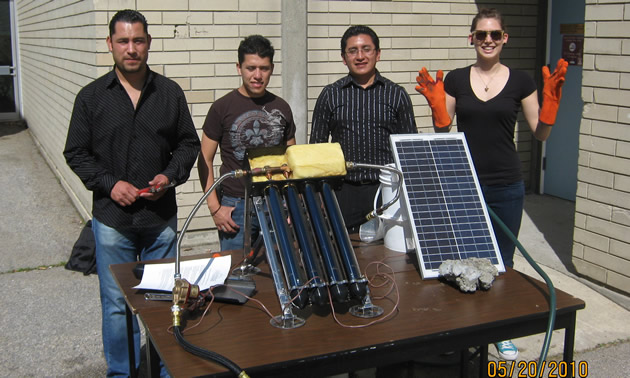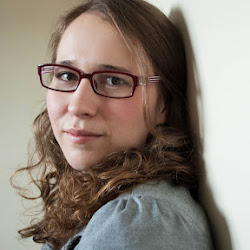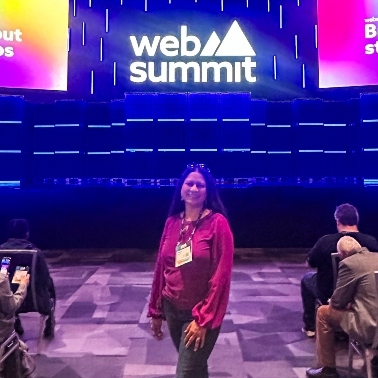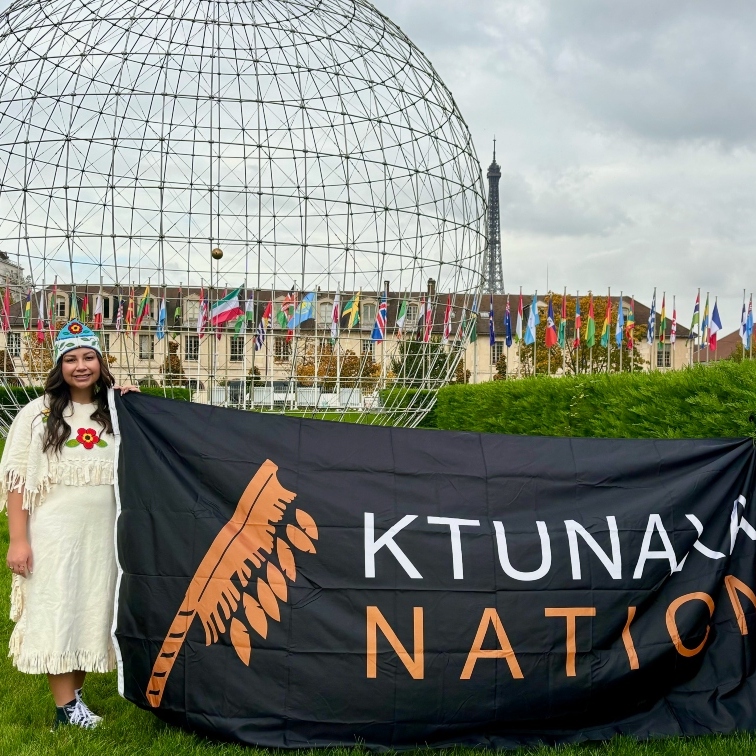Learning the way of the future
Understanding sustainable technology can help develop the skills needed to create a greener tomorrow

Students are shown working with two types of solar panels at Selkirk College. — Photo courtesy Robert Macrae
Robert Macrae is an instructor of integrated environmental planning technology at Selkirk College. He has been a proponent of the advanced certificate in renewable energy technology that the Castlegar campus will be offering in May of 2013.
Sustainable technologies are the way of the future, according to Macrae. Traditional energy production technologies are becoming expensive as we exhaust the resources that were easily accessible in the past.
“Renewable energy technologies offer a better economic return in investment than conventional energy technologies. That’s the big change,” said Macrae. “Fifty years ago you could go to Saudi Arabia, put a pipe in the ground and bring up lovely crude oil by just going down a few hundred metres. Now we’re going up to Alaska, to the bottom of the gulf of Mexico, offshore in the Atlantic or we’re trying to convert bitumen into gasoline. As developing conventional oil has become more expensive, (the cost of developing) renewable energy technologies has gone way down.”
One important consideration in sustainable technology is the concept of energy conservation. This is simply the process of discovering if energy, regardless of its source, can be used more efficiently. Passive house design is an up-and-coming concept. If a building is designed properly, said Macrae, it doesn’t require a heating system. Many factors come into play—such as insulation for thermally efficient walls, the placement of windows and heat recovery systems that can be used, for example, in a shower drain. Macrae said that these are simple initiatives that are inexpensive and fairly efficient.
Systems that create energy may be even more intriguing to potential students. These can be categorized into systems that generate electricity, such as solar panels, and those that simply move heat around, such as geothermal systems.
Sustainable technology can work with whichever resources are already available in the area. Macrae pointed out that the Kootenays don’t have a lot of potential in technologies such as wind-generated electricity because of our mountains. However, the Kootenays have possibly utilized micro hydro systems, through flowing water sources, more than anywhere else in Canada.
As a prerequisite, the upcoming program requires that students have already completed two years in technology or environmental science studies. This is so the six-week program will be able to focus directly on a wide range of relevant sustainable energy technologies.
The Selkirk College has secured funding through FortisBC, which will primarily be used to purchase energy conservation technologies. Students will only be spending about half their time in the classroom with the remainder of the program being used for lab work and practical hands-on experience.
Each student will build a small shed using four different wall systems and practice some of the basics of residential wiring. They will learn to do heat loss calculations, and will decide whether they want to integrate a wind energy system, or solar thermal panels. Additionally, the class will experiment with a small geothermal system and micro hydro systems. They will also perform a lab exercise where they will turn algae into biodiesel.
Whether it’s maximizing energy conservation, or learning about progressive technologies, sustainable energy is increasingly relevant in today's world. One only needs to look at building trends and the growing cost of traditional energy to realize that learning about green technology is the way to move forward.






Comments